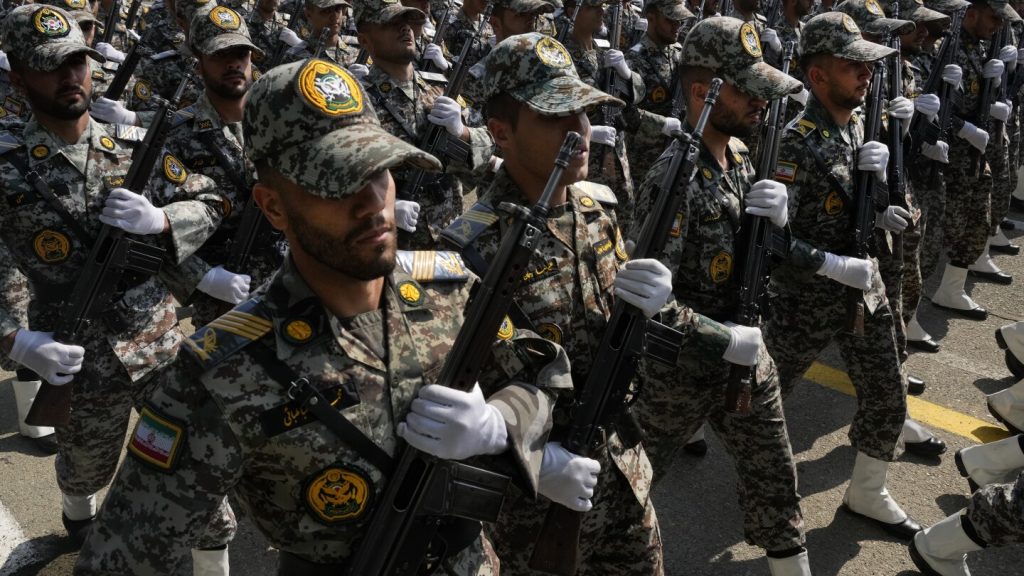Israeli Prime Minister Benjamin Netanyahu has stated that his country will be the one to decide how to respond to Iran’s recent major air assault, disregarding calls for restraint from close allies. Israel has remained vague about when and how it will respond to Iran’s attack, causing tension in the region amid ongoing unrest related to the conflict in Gaza. Netanyahu’s allies have been urging Israel to hold back on any actions that could escalate the situation, as Iran’s president warned of a harsh response to any invasion of its territory. Hezbollah, an Iran-backed group, has also engaged in violence with Israel, with rockets and drones being fired on northern Israel.
Despite diplomatic pressures from its allies, Netanyahu emphasized that Israel will make its own decisions on how to defend itself, regardless of advice from other countries. While Israel may not directly attack Iran without US support, it could resort to covert methods such as targeting senior Iranian commanders or launching cyber attacks. The situation remains uncertain as any miscalculation from either side could result in a regional war. President Joe Biden’s administration has imposed new sanctions on Iran and called for de-escalation, while refraining from participating in offensive actions against Iran.
The recent escalation began with an apparent Israeli strike on Iran’s Embassy compound in Syria, prompting Iran to launch missiles and drones at Israel. Israel claims to have intercepted most of the projectiles, with minimal casualties and damage. The shadow war between Israel and Iran has intensified, with the recent attack marking the first direct Iranian military assault on Israel. In response to the escalating tensions, Israel’s allies, including the US, UK, and France, have urged restraint and called for calm in the region.
International support for Israel’s right to defend itself has been evident, with visits from British and German foreign ministers expressing solidarity with Israel while appealing for cautious responses. Germany called for prudence and restraint, emphasizing the need for strength through measured actions. Iran’s President Raisi warned Israel against retaliation, suggesting that a larger attack could have devastating consequences for Israel. The region has been on edge since the Palestinian militant groups, supported by Iran, launched a deadly attack on southern Israel, resulting in a significant loss of life on both sides.
The conflict between Israel and Iran has spilled over into neighboring countries, with Hezbollah engaging in frequent skirmishes along the border. Iran-backed groups in Iraq, Syria, and Yemen have also increased hostilities, posing a threat to regional stability. Efforts to broker a cease-fire and secure the release of hostages held by militant groups have seen little progress. The situation remains volatile, with the potential for further escalation if calm is not restored. The international community continues to monitor the situation closely, aware of the implications of a prolonged conflict in the region.


